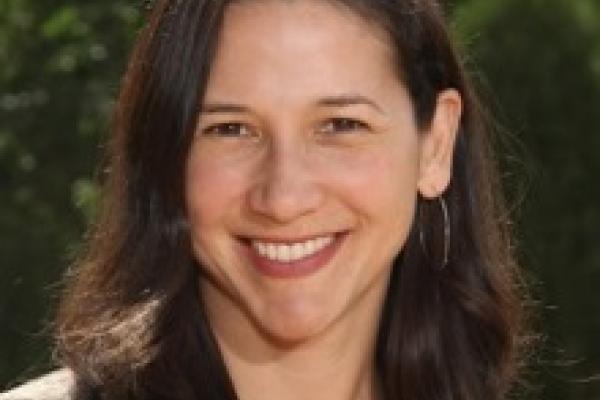
Presented by Stephanie Malia Hom, Associate Professor, University of Oklahoma
Co-sponsorships:
The Departments of Political Science
The Department of African American and African Studies
The Department of Anthropology
The Department of Sociology
This talk explores the spatial aftereffect of the camp in post-colonial Italy, or the form that I have identified as the village. I will show that the well-theorized camp is not just a space of exception, a place for bare life, or a biopolitical paradigm of modernity, but also a space that must also be seen in the context of what comes next to it, spatially and temporally: the village. While both the camp and the village spatialize the via negativa in that they promote un-bonding as a form of relation, I argue that the village is the place where the state harnesses inscriptions of race and religion and superimposes them upon this space of disconnection, disengagement, un-commitment, and disorder. Seemingly fixed racial and religious categories (i.e., Roma, Muslim, etc.) help the Italian state not only to disavow the complexity of actually existing subjectivities but also to sanction discrimination and violence obliquely. Indeed, the ligatures between inclusion and exclusion become harder to untangle at the points where the village and the camp meet.
I draw the term ³village² from the spaces themselves, and it is often in villages where many of those who have passed through camps end up. Two examples that I explore in this talk include: 1) the present-day villaggio attrezzato (well-equipped village) at La Barbuta near Rome that houses hundreds of Roma and Sinti who were forcibly displaced from campi nomadi (nomad camps) razed by government bulldozers in 2010, and 2) the historical example of the villaggi agricoli (agricultural villages) built for Italian colonial settlers in Libya during the mid-1930s by thousands of Bedouin who survived imprisonment in Italian-built concentration camps just a few years earlier. Finally, I contextualize this complex enmeshment between the camp and the village within the collective silence on Italian colonialism in modern Italy, and I comment upon the ways that villages like La Barbuta make us rethink the democratic potentials inherent in the liberal dream of membership in a so-called global village.
Dr. Stephanie Malia Hom is Presidential Professor of Italian in the Department of Modern Languages, Literatures, and Linguistics at the University of Oklahoma. She is an affiliated faculty member in the OU College of International Studies and the OU Film and Media Studies Program. Trained in literary criticism and cultural anthropology, her scholarship explores the narratives, symbols, spaces, and differences that give rise to Italy and the wider Mediterranean as political imaginaries on a globalized scale. She writes and lectures on modern Italian literature and culture; the theory, practice, and history of tourism; Italian colonialism and imperialism; and the growing inequalities between those who move by choice and those who are moved by force, especially in the context of contemporary immigration policy in Italy and the EU.
Her books include The Beautiful Country: Tourism and the Impossible State of Destination Italy (University of Toronto Press, 2015) and with co-editor Ruth Ben-Ghiat, the volume Italian Mobilities (Routledge, 2016). Her essays and articles have been published in wide range of venues, including the leading journals in the fields of Italian studies, tourism history, urban studies, and folkloristics. She is currently finishing her second book manuscript, The Empire Between: Mobility, Colonialism, and Space in Italy & Libya. Her research has been supported with several prestigious grants and fellowships from the American Council of Learned Societies, the American Academy in Rome, the Stanford Humanities Center, the American School of Classical Studies at Athens, the Lauro De Boisis Lectureship at Harvard University, the Gladys Krieble Delmas Foundation, the Wolfsonian-FIU, among others.

